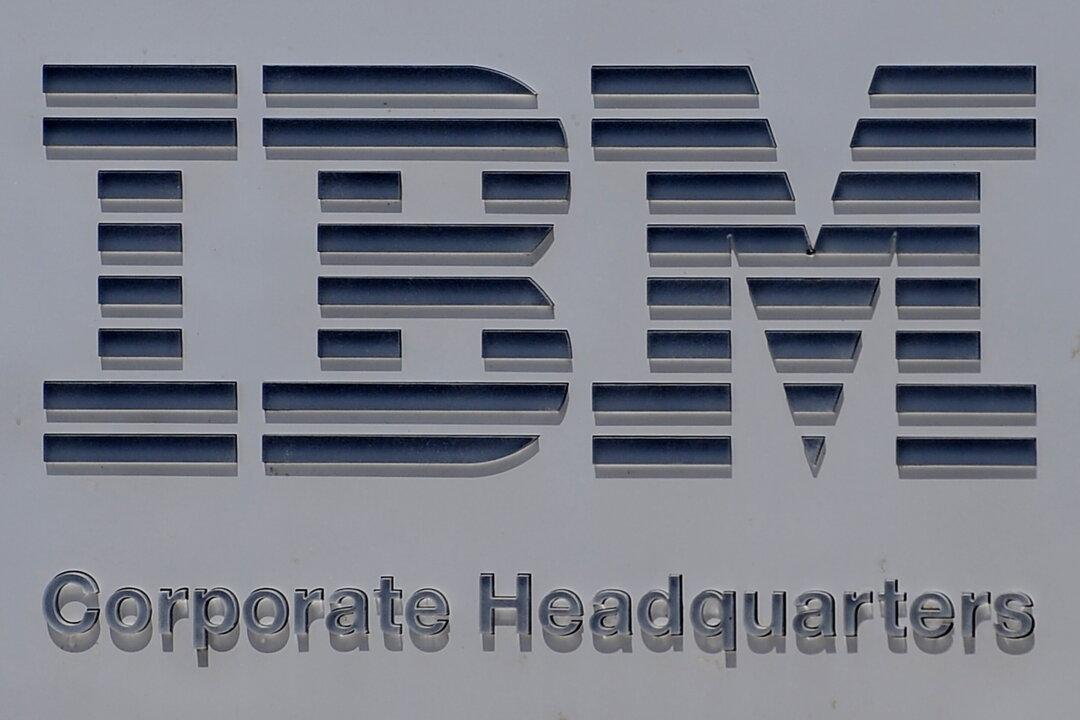International Business Machines Corp. expects to pause hiring for roles as roughly 7,800 jobs could be replaced by artificial intelligence (AI) in the coming years, CEO Arvind Krishna told Bloomberg News on Monday.
Hiring specifically in back-office functions such as human resources will be suspended or slowed, Krishna said, adding that 30 percent of non-customer-facing roles could be replaced by AI and automation in five years.





